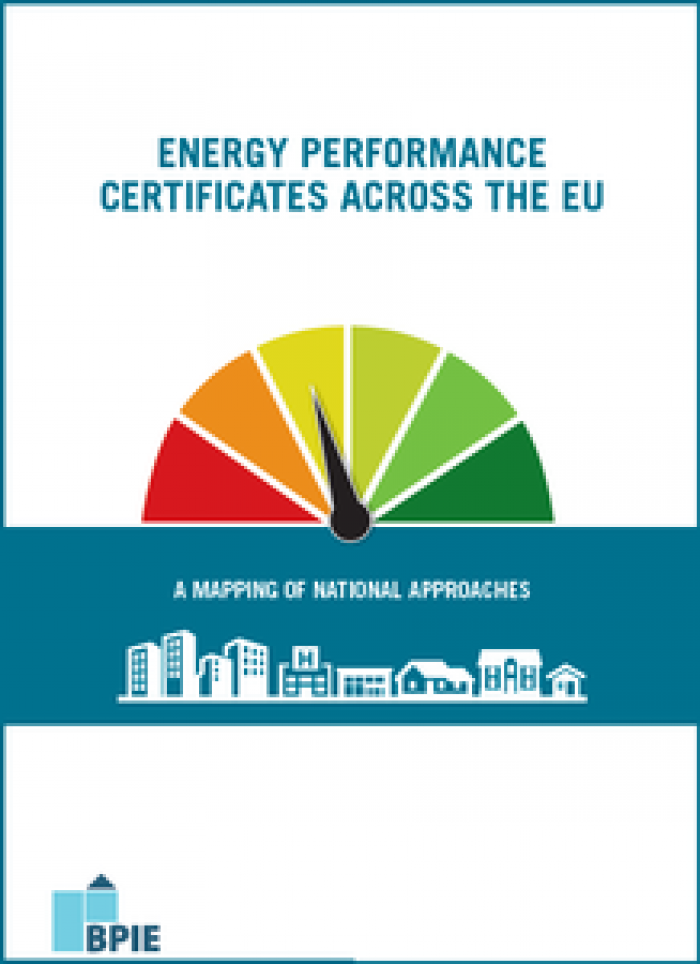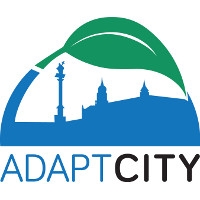- Kalendarium
-
Debaty
- Czy Polska będzie "Fit for 55%"?
- Efektywność energetyczna i odnawialne źródła energii w budynku wielorodzinnym
- Gospodarowanie wodą w budynku wielorodzinnym
- Jak przeciwdziałać ubóstwu energetycznemu i zanieczyszczeniom powietrza
- Szanse rozwoju energetyki morskiej w Polsce
- E-mobility – czy tylko samochód elektryczny?
- Zielone finansowanie
- Gospodarka o obiegu zamkniętym
- Czy planowanie przestrzenne w Polsce da się naprawić?
- Czy transformacja energetyczna w Polsce oznacza wzrost bezrobocia?
- Roślinność na wokół i w budynku wielorodzinnym
- Fundusze unijne na gospodarkę niskoemisyjną
- Ekologia w modzie i tekstyliach
- Seminarium naukowe: Co ekstremalne zjawiska pogodowe mówią nam o zmianach klimatu?
- Woda w mieście - jak ją zagospodarować
- Senior czuje dobry klimat
- Przyszłość ciepłownictwa w Polsce
- Jak zmniejszyć ubóstwo energetyczne?
- Jak osiągnąć neutralny dla klimatu transport w ciągu najbliższych 30 lat?
- Jaki rynek pracy po węglu?
- Czy polska gospodarka może działać bez węgla?
- Jaką energetykę warto dotować?
- Dlaczego węgiel tanieje?
- Zielone miejsca pracy
- Miasto bez samochodu?
- Śląsk - co po węglu?
- Ustawa o energetyce odnawialnej
- Ile powinien kosztować prąd
- Szczyt klimatyczny w Limie
- Węgiel a zdrowie
- Efektywność szansą dla gospodarki
- Energetyka rozproszona
- Polska wobec celów 2030
- Biblioteka
- Wideo
- Patronaty
- Projekty
- O serwisie
- Opinie
- Polityka klimatyczna
- Nauka o klimacie
- Zielona gospodarka
- Inicjatywy lokalne
- Energetyka
- Transport
- ADAPTACJA
- PARYŻ COP21
więcej
Polityka klimatyczna
Nauka o klimacie
Zielona gospodarka
Inicjatywy lokalne
Energetyka
Książki / raporty
Energy Performance Certificates (EPC) across the EU (17773)
2014-10-01Drukuj
This report explores the national approaches to buildings efficiency certification and finds that Energy Performance Certificates (EPC) could be among the most important drivers of energy performance of the European building stock. However, most Member States are struggling with public acceptance and market-uptake.
It provides a comprehensive overview of EPC schemes and databases for residential and non-residential buildings across Europe and identifies good practices to make EPC data reliable and accessible. It builds on the findings to elaborate policy recommendations and concludes that data gaps, low reliability due to a lack of quality control and limited access to data are preventing Member States from exploiting the full potential of the schemes.
Several maps enrich the report, presenting the diversity of implementation measures in Member States in terms of design and methodologies, quality assurance, experts training, control systems, etc.
EPCs were introduced for the first time in the Energy Performance of Buildings Directive (EPBD) in 2002, and in 2010 the EPBD recast added a set of new requirements to improve the quality, usability and public acceptance of EPCs. To date, all 28 MS formally implemented the EPBD requirements in their national legislations.
Energy Performance Certificates (EPCs), an integral part of the Energy Performance of Buildings Directive (EPBD), are an important instrument to enhance the energy performance of buildings. By informing owners, occupiers and real estate actors about the energy consumption level of a building, EPCs can be a powerful market tool to create demand for energy efficiency in buildings.
In some Member States where the EPC schemes have a long tradition, a positive impact on the real estate market has been recorded. Access to EPC data repositories has shown a positive impact on the market value of energy efficiency improvements, contributing to the market transformation the EPBD aims at. The report concludes by highlighting the need to strengthen the role of EPCs in national legislations and to increase the monitoring of the EPC scheme compliance both at Member States and European levels. The European Commission should provide guidance for the development of centralised EPC registries, not only to support independent control systems, but most importantly as a tool to map and monitor the national building stock. Finally, comprehensive evaluations of the EPC effectiveness should be done by independent third-parties.
Podziel się swoją opinią
Za treść materiału odpowiada wyłącznie Fundacja – Instytut na Rzecz Ekorozwoju


Newsletter
Patronaty
Kalendarium
- PN
- WT
- ŚR
- CZ
- PT
- SO
- ND
Warning: Illegal string offset 'dzien' in /tpl_c/%%58^58D^58DE6355%%kalendarz.tpl.php on line 31
0
Warning: Illegal string offset 'dzien' in /tpl_c/%%58^58D^58DE6355%%kalendarz.tpl.php on line 31
0- 1
- 2
- 3
- 4
- 5
- 6
- 7
- 8
- 9
- 10
- 11
- 12
- 13
- 14
- 15
- 16
- 17
- 18
- 19
- 20
- 21
- 22
- 23
- 24
- 25
- 26
- 27
- 28
- 29
- 30
- 31
 |
ChronmyKlimat.pl wersja 2.0 – portal na temat zmian klimatu dla społeczeństwa i biznesu. © Copyright Fundacja Instytut na rzecz Ekorozwoju |
| Redakcja: ul. Nabielaka 15 lok. 1, 00-743 Warszawa, tel. +48 +22 8510402, -03, -04, fax +48 +22 8510400, portal@chronmyklimat.pl |
RSS
Polityka prywatności




